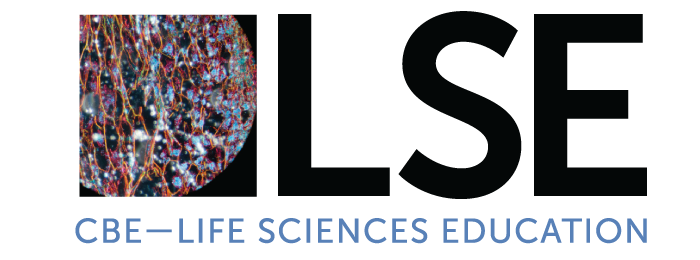Philosophy, Scope, and Definitions
Teaching for inclusion requires authentic examinations of various components of the learning process. As educational philosopher Paulo Freire suggested in his groundbreaking work, the delivery of content, actively or didactically, is only one portion of teaching. In progressive pedagogy, we often strive to promote deep learning in students. This type of learning is reflective, lifelong, and connects the material to the context of the student’s lives. Inclusive teaching similarly requires deep teaching. This is a pedagogy that is reflective and built on authentic relationships and dialoguing between key stakeholders. Dewsbury (in press) details what it means to be a deep teacher, building an inclusive practice on the foundation of relationships among students and instructors. Based on its grounding in Freirean philosophy, deep teaching relies on instructors examining their own position and working to hear and understand their students as the basis for teaching and learning decisions. The guide here thus contains both items for practical, fairly immediate consideration, but also a framework for long-term individual journeys toward fully inclusive classrooms.
This guide focuses primarily on inclusivity across race, ethnicity, and gender. While the philosophical underpinnings can help instructors develop an approach to teaching that is more broadly inclusive, the references that are cited tend to investigate issues more related to race, ethnicity, and gender than other differences.
Affective: Relating to moods, feelings, and attitudes.
Autonomy: Self-direction; the ability of a person to choose their own actions.
First-year experience (FYE): Courses with an explicit aim to help students transition from high school to college.
Freirean thought: Of or connected to Paolo Freire’s philosophy of pedagogy based on dialogue.
Inclusion: The degree to which the classroom physical environment and the interactions that occur as a function of the course produce is welcoming and provides opportunities for success for all identities.
Inclusivity: The practice of including people across differences. Inclusivity implies an intentional practice of recognizing and working to mitigate biases that lead to marginalization or exclusion of some people.
Identity theory: A way of describing social behavior in the context of the relationship between self and society.
Living-learning communities (LLCs): Residential communities where the residents share a similar social, academic or other thematic focus.
Self-efficacy: The belief that one can succeed in a particular situation or on a specific task.
Social belonging: A sense of relatedness within a group, which develops from social feedback, recognition, and shared experiences.
Stereotype threat: The psychological pressure an individual internalizes in performance situations, when they are aware of a negative stereotype associated with their identity and that situation.









